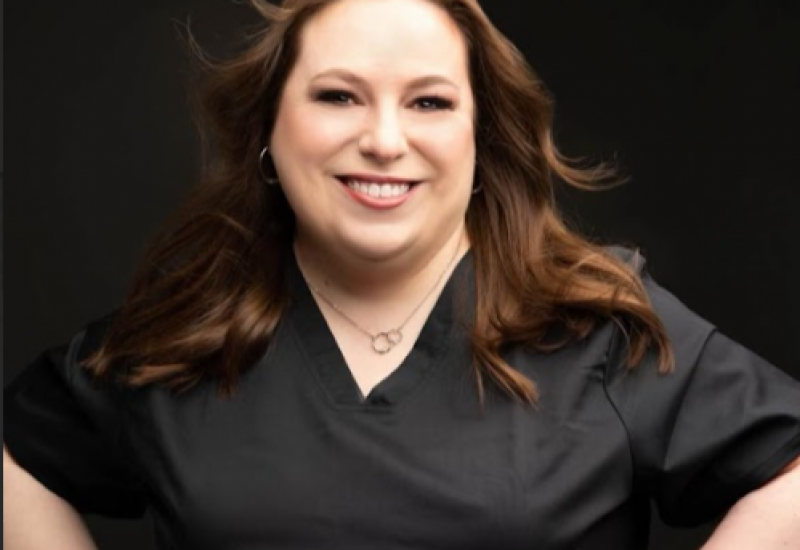Joan Hardin
There are several strains of C. diff, ranging from the extremely virulent type that killed Peggy Lillis so quickly after she took antibiotics for a dental problem to a milder form that I battled for many months. An overrun of the bug causes diarrhea and colitis. If the infection is one of the virulent strains, it can also cause septicemia, resulting in death, which is what happened to Peggy. After my own experience with a lesser strain of C. diff, I now refer to it as “the cockroach of bacteria” – it is called a super bug because it has some very clever ways of avoiding destruction and has made itself resistant to almost all antibiotics.
As part of your education about the situation with C. diff, I want to share my story of how I vanquished a quite unpleasant infection of its A & B strains — the less virulent ones but still an experience that caused me much distress:
Once the infection was properly identified by stool sample, which also revealed two strains of strep infection and an intestinal parasite I’d picked up on a cruise last year, I decided it made little sense to try to treat any of them with antibiotics. It was antibiotics taken previously for various things that had attacked the balance of good bacteria in my gut in the first place.
So I turned to my team of holistic health care providers for help: Dr. Denice Hilty at Transformational Health Care and Dr. David Miller, the on-site nutritionist at Lifethyme Natural Market. Together, they treated me with various supplements:
Large doses of probiotics to repopulate the good bacteria in my gut
Broccomax, a supplement made from broccoli seeds, which kills C. diff
Allicidin Complex, a supplement made from a wild garlic extract, which breaks open the sacs C. diff forms around itself protect themselves from being killed off
Saccharomyces boulardii + MOS, a useful strain of yeast that 1. Helps maintain integrity of the intestinal wall, 2. Helps bacterial attachment to gut epithelial cells, 3. Reduces proliferation of undesirable bacteria in the GI tract, and 4. Stimulates immune receptors.
And sauerkraut! Fresh sauerkraut or the kind that comes in a jar in a refrigerated section at Whole Foods and elsewhere is very good for treating diarrhea. My favorite is Bubbies. Turns out that, before refrigeration, humans in pretty much all cultures preserved many foods by fermenting them –sauerkraut, tempeh (fermented soybeans), miso (fermented soybean paste), kimchi, dry sausages, and pickles, among others. We stopped eating those foods so much when we turned to refrigerated and frozen foods as well as foods preserved with chemicals. The fermentation process develops lots of probiotics, the friendly bacteria our guts need to maintain good health.
My guess is that the current practice of treating C. diff with the few antibiotics it is not yet resistant to will only cause it to develop ever more virulent strains and there won’t be any antibiotics left in the medical arsenal to use against it.
What I’d like you to take away from this is threefold:
Contact with C. diff is almost impossible to avoid.
It has been turned into a very bad bug by the over- and mis-use of antibiotics.
Its spread can be limited by good sanitary habits like old-fashioned hand washing, and infections by at least its less virulent strains can be cured without antibiotics. Hand sanitizers do not kill C diff.
Read Joan’s article on how she beat C. diff: Successful Holistic Treatment of Clostridium Difficile Gut Infection
Age
Gender
Female
Length
Source
Community Acquired
Other Stories

Mira

Beth W.

Mollie Lauck

Ken Fredrickson

Jan

Dr. Melissa Geraghty, Psy.D.

Cassie Padilla

Julia

Sue

